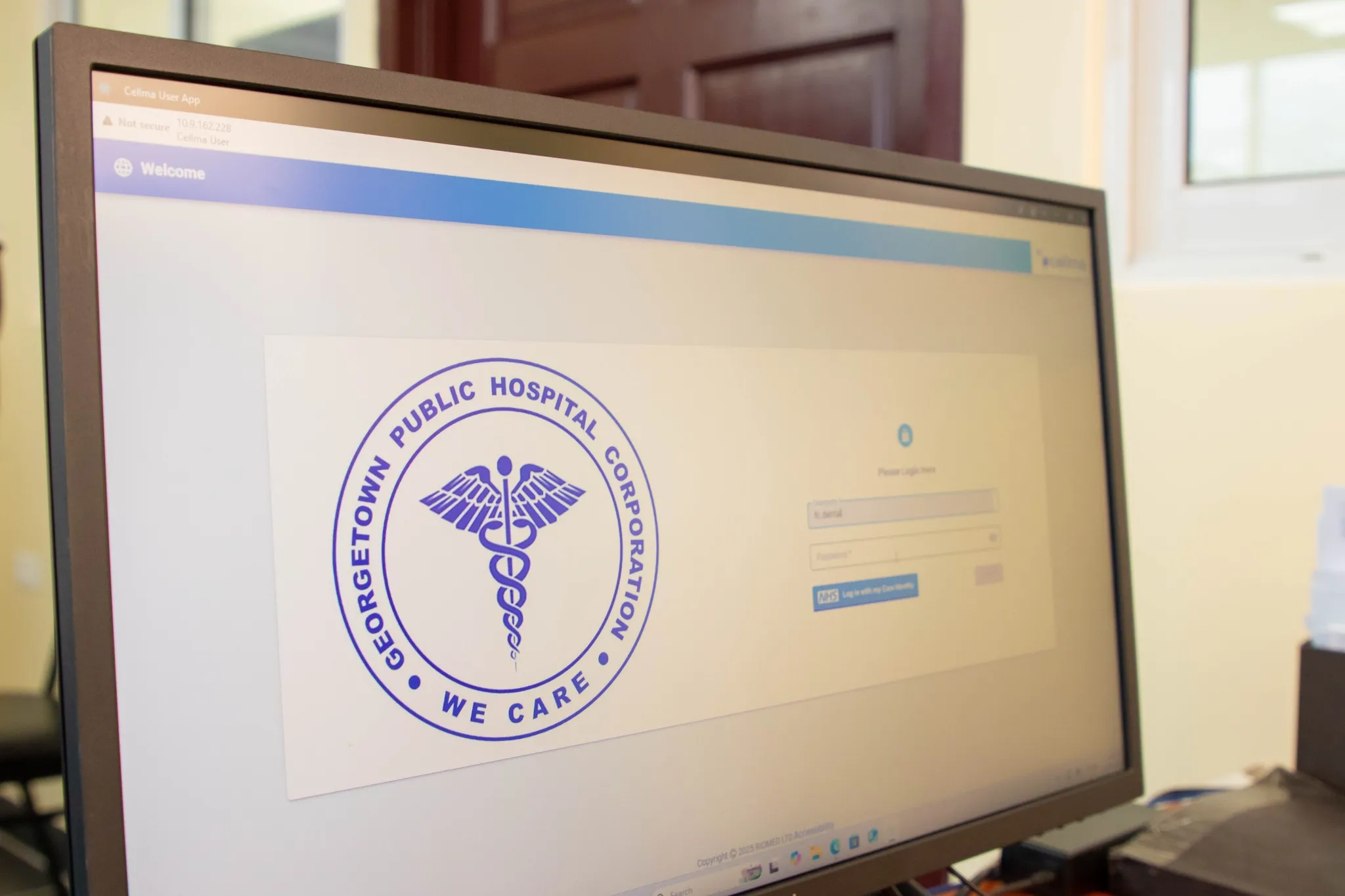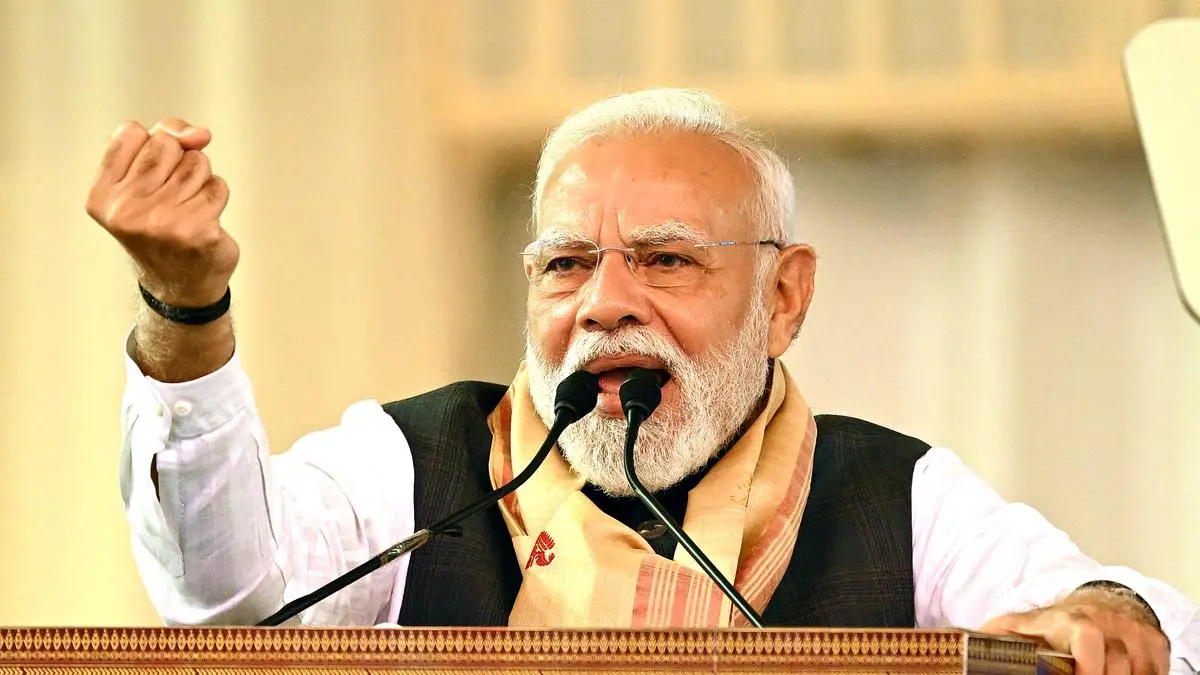By Naveed Butt
Copyright brecorder

ISLAMABAD: The Central Development Working Party (CDWP) has recommended the revised Khyber Pakhtunkhwa Human Capital Investment Project (health component) to the Executive Committee of the National Economic Council (Ecnec) at a total cost of Rs18.14 billion for final approval.
The CDWP met with Federal Minister for Planning, Development and Special Initiatives Ahsan Iqbal in the chair on Friday to review projects in the health and water sectors.
The CDWP recommended the revised Khyber Pakhtunkhwa Human Capital Investment Project (Health Component) to the Executive Committee of the National Economic Council (ECNEC) at a total cost of Rs18,137.420 million.
KP govt to outsource 24 under-performing hospitals
The project will be implemented through an independent Project Management Unit under the KP Health Department in line with the World Bank’s procurement guidelines, and financed through foreign assistance. Covering 13 districts, including Peshawar, Nowshera, Swabi, and Haripur, the project seeks to enhance the availability and quality of primary healthcare services for both host communities and refugees.
The CDWP also approved a Rs two billion project to strengthen the Common Management Unit for AIDS, TB, and Malaria, aimed at speeding up efforts to control the three diseases in Pakistan.
The nationwide initiative aims to improve and unify institutional systems to eliminate AIDS, TB, and malaria in Pakistan by 2030, in line with the country’s global commitments under the Sustainable Development Goals (SDGs). An Integrated Technical Support Unit will oversee the program, providing surveillance, guidance, and capacity building to help provinces implement a coordinated national response.
While reviewing the position paper for the ADB-funded project Responsive, Readiness and Resilient STEM Secondary Education in Punjab, the Planning Minister emphasized that early childhood education should remain central to both provincial and national education policies.
“The most productive investment in a child is in the early childhood development phase. If we fail at this stage, no amount of spending at later stages of education can compensate for the loss,” he observed. He said it is a basic right of every child studying in public sector schools to have quality science and computer labs. He said provincial governments must ensure the provision of laboratories in schools to help prepare a future-ready generation. He further emphasized that a gap analysis should be conducted to identify union councils without a girls’ high school, adding that each union council must have at least one such institution.
Ahsan Iqbal underlined that while education remains a top national priority, the quality of learning outcomes in public sector schools does not match the resources being spent. He stressed the need for strict accountability mechanisms and urged the recruitment of the “best of the best talent” to ensure tangible outcomes.
Discussing the concept clearance of the Flood Disaster Prevention Master Plan and Construction of a Storm Water Storage System in Multan for climate change adaptation, the Minister further directed the Punjab Planning Development Department to prioritize schemes for wastewater and sewerage management.
Expressing concern over increasing pollution in rivers and groundwater, he said urgent action was required to safeguard public health and the environment. “Our rivers and underground water are being polluted at an alarming rate. Provincial governments must prioritize wastewater management systems if we are to protect both human health and economic productivity,” he remarked.
Concluding the meeting, the Minister directed that each PC-1 must clearly articulate concrete outcomes and measurable impact, reiterating that development spending without accountability and results-oriented planning cannot deliver the desired results.
Copyright Business Recorder, 2025



